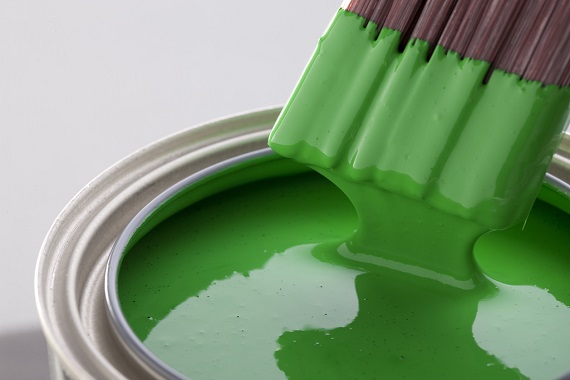


Australia's most comprehensive organic and natural directory
Blog / Industry News
28 Jun 2017What is Greenwashing

As consumers become more health and environmentally conscious so the demand for toxin-free, eco-friendly, “green” products has risen. Companies and marketers have latched onto this demand and have used labelling, advertising and packaging to mislead consumers into thinking that their products or business match up with their lifestyle and values.
This unfortunate practice is known as greenwashing, a word coined in the mid-1980s to describe promoting products, services or businesses as environmentally friendly to deflect consumers’ attention away from other environmentally damaging or unsavoury activities.
During the 80s and 90s this practice thrived due to the popularity of print and TV advertising along with limited access to information for consumers. However, even in this modern day of internet and unlimited access to Google, greenwashing is still a huge problem and requires us to be extra vigilant.
Many cosmetic companies label their products with buzz words like “natural’, “vegan”, “pure”, “herbal” “from nature”, and even “organic” but on closer look their products contain ingredients that are known carcinogens, endocrine disruptors and environmental pollutants such as sodium laureth sulphate, Sodium Benzoate, phthalates, Propylene Glycol and other synthetic chemicals.
You may also want to be careful of products that use pictures of trees and nature on their packaging but no other eco-friendly claims as they may be trying to distract the consumer from the fact that the company has a bad environmental track record.
Some more common examples of greenwashing include:
- Meat products labelled as “all natural” but come from animals that have been raised on GMO feed, antibiotics and synthetic hormones.
- There are ‘vegan leather’ products which are marketed as sustainable but are really just a type of plastic and are extremely harmful to the environment as they don’t break down easily.
- Many large retail stores use greenwashing to attract health and environmentally conscious customers by offering onsite recycling or heavily promoting a single product or range that has health and environmental benefits, while the bulk of their business relies on selling many other environmentally damaging products.
- Bottled water companies greenwash their business by distracting the consumer from the fact that plastic bottles create millions of tons of waste per year that end up in landfills, oceans or waterways with the fact that mineral water is better than soft drinks.
When looking for eco-friendly, organic and healthy food, body and home products always look for a third party certification which means that the product has been properly evaluated. This may include labels such as Australian Certified Organic, Australian Forest Certification Scheme, Carbon Neutral Product Certification, Fairtrade, Green Tick and others.
You can visit sites such as www.greenwashingindex.com and www.sinsofgreenwashing.org for information on which products and companies are guilty of greenwashing.
Sources
https://everythingcoconut.com.au/what-is-green-washing/
http://eluxemagazine.com/magazine/greenwashing/








